Migration, cultural and religious integration, democratic crisis, climate changing, natural disasters, overpopulation, gentrification, economic inequalities and juvenile unemployment represent some of the most critical issues that the human society will needs to face in this century of indeterminateness. The Tinyhouse University (tinyU) is a Berlin-based non-profit association founded in 2016 by the german architect Van Bo Le-Mentzel to develop innovative solutions to these crucial challenges of the future.
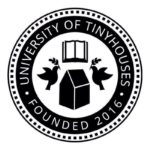
The heterogeneous team of professionals fights for justice, participation, social equality, integration, democracy, sustainability, open-sourcing and right to housing. The tinyU is an open educational and research project based on the belief that architecture and the act of designing can offer a tangible and sensible contribution to these topics. The Tinyhouse University’s activity is inspired by the beauty and utopian radicalness of the Bauhaus and the socio-critical philosophy of Leopold Kohr, the main inspirer of the “Small is beautiful” movement. But “Small is possible” and “Small is movable”, as well. This is why the association is engaged in tiny houses but also ecological buildings, migratory, static and temporary housing systems, social neighbourhoods and urban installations. Among its activities, which will always be non-profit, stands out the construction workshop of Hotel Lageso and 2-SQM-House. Two tiny shelters designed and assembled with berliner newcomers to provide them small private spaces respectively on the public street in front of the Landesamt für Gesundheit und Soziales and inside a refugee temporary accommodation gym. Fundamental projects were the Unreal Estate House, a commitment to the right of housing, making a tiny home available for free to homeless people, and the ONE-SQM-House, an open-source design by Le-Mentzel for simple living dwellers. The research conducted on small residential spaces has been applied for a larger scale project: the co-being house. An experimental five storeys apartment building in the city center of Berlin where the cheapest unit will be rented for 100€ a month. This will be a fully equipped tiny apartment of just 6,4 sqm put side by side with traditional high-class units. The project is founded on two main objectives: the first is fighting against gentrification offering an affordable solution for the weaker bracket of population to live in the middle of the city. The second is about integration and diversity: the co-being house is the place where to develop and strengthen a peaceful coexistence of different cultures and social strata which share in the same building a “community space” on each floor. A real scale prototype of the 100€-apartment was designed and constructed by the Tinyhouse University team in its tiny house version on wheels, the so-called tiny100 (watch a TV report here and here).
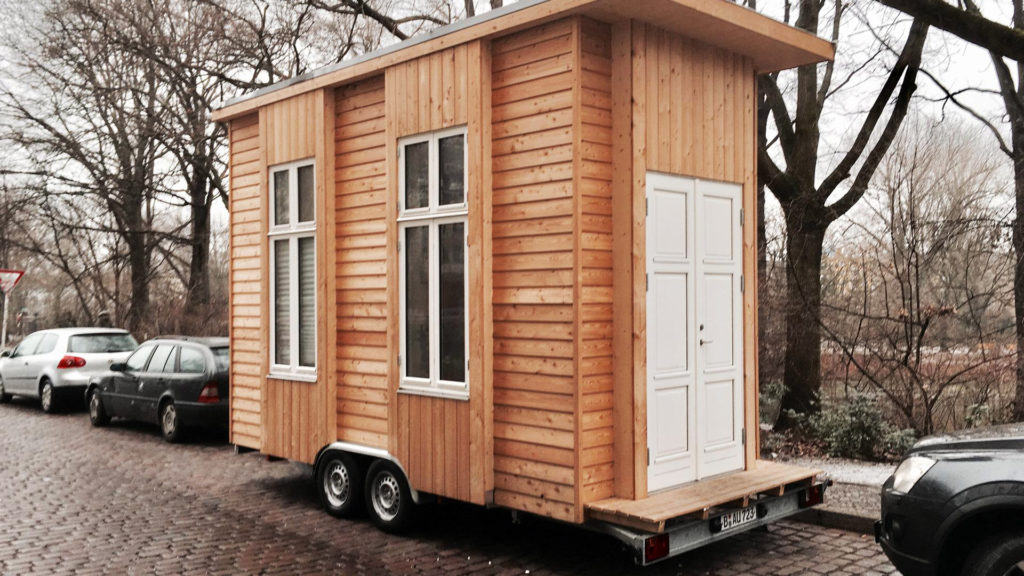
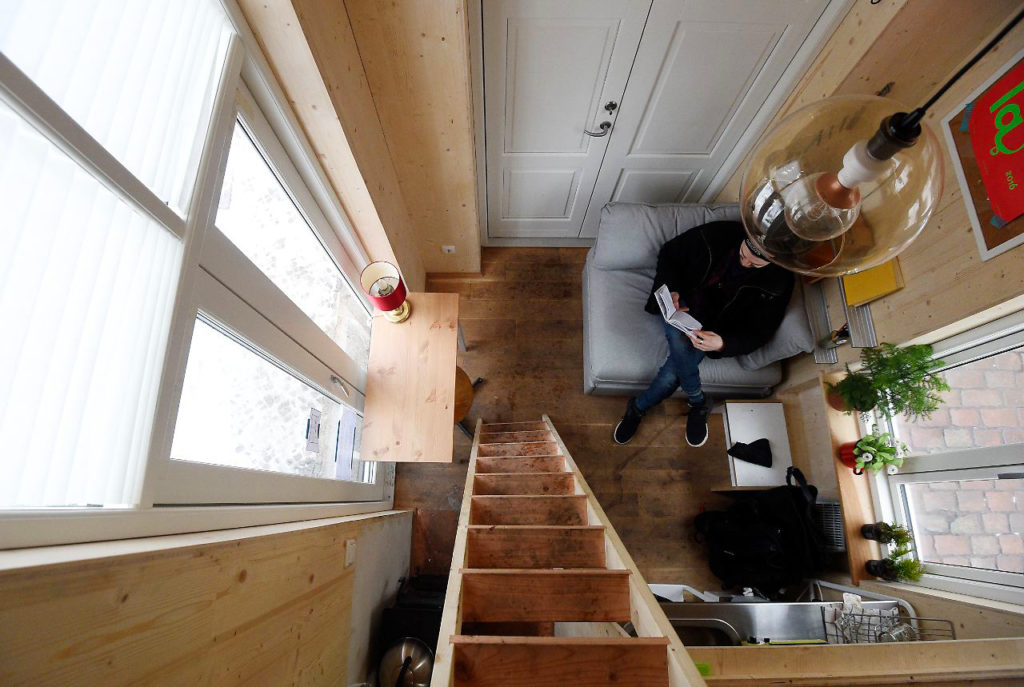
The small 1:1 model represented the first structure of a broader initiative promoted by the Tinyhouse University: the Bauhaus Campus exhibition. This consists of an experimental tiny house village inside the garden of the Bauhaus-Archiv in Berlin to explore new formations in order to breakdown the confines of standard city structures. Bauhaus Campus takes place from the 9th March 2017 until the 9th March 2018. The village is the place for open education accessible for everyone and an hub for unconventional research on different topics like democracy, sustainability and design, conducted by the residents and the visitors of the Campus. In this context Tinyhouse University designed and built other mobile devices in collaboration with outstanding partners: Tiny House Design School with Ikea Stiftung Berlin, New Work Studio with XING and House of Rights with Deutsche Plus and Montessori School.
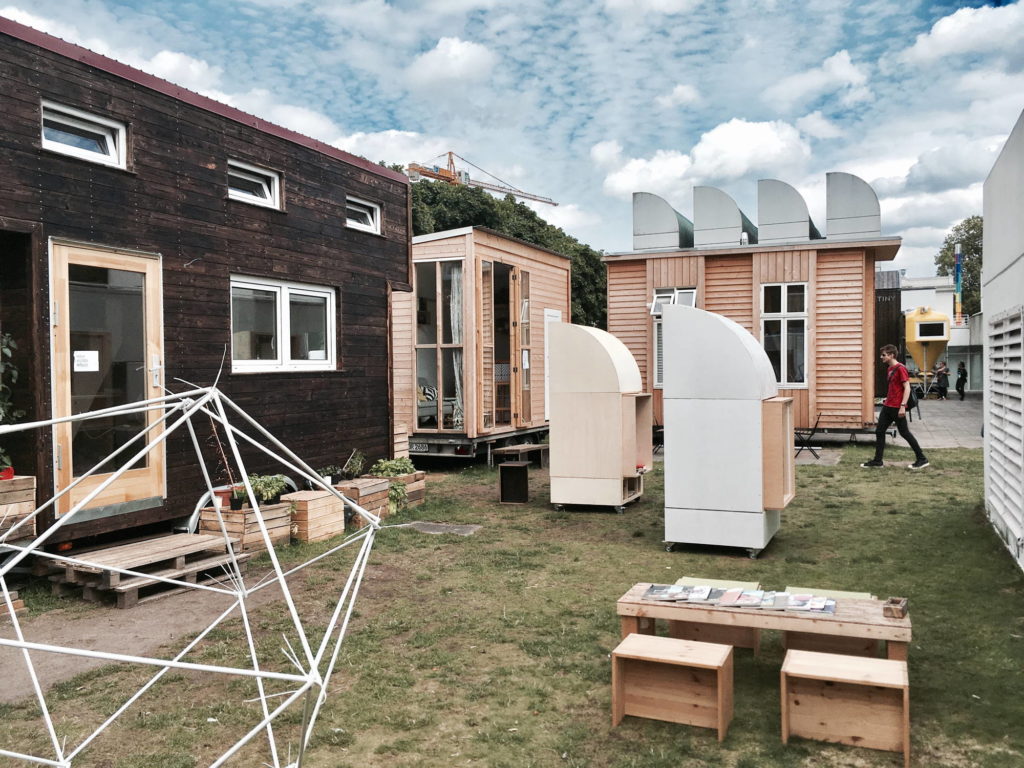
Starting from July 2016 I have been professionally collaborating with the Tinyhouse University, participating, from the very first phase, to the development and realization of its activities. I started as a “student”, learning together with others how to built a tiny house. This ended in the construction of tiny100, manufactured by Bock carpentry. Later I decided to build my own tiny house, aVOID, becoming officially a “tiny house professor” with the intention of spread my knowledge to the next generation of “tiny housers”.
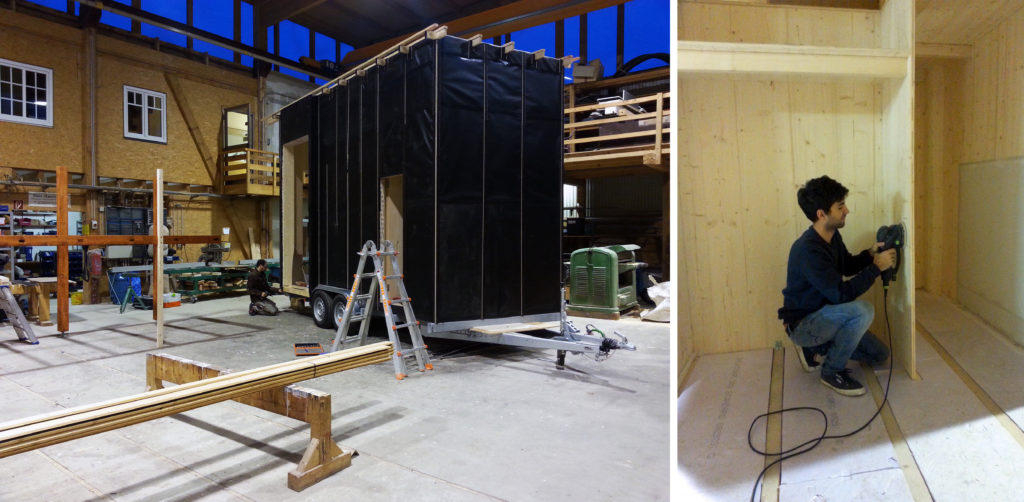
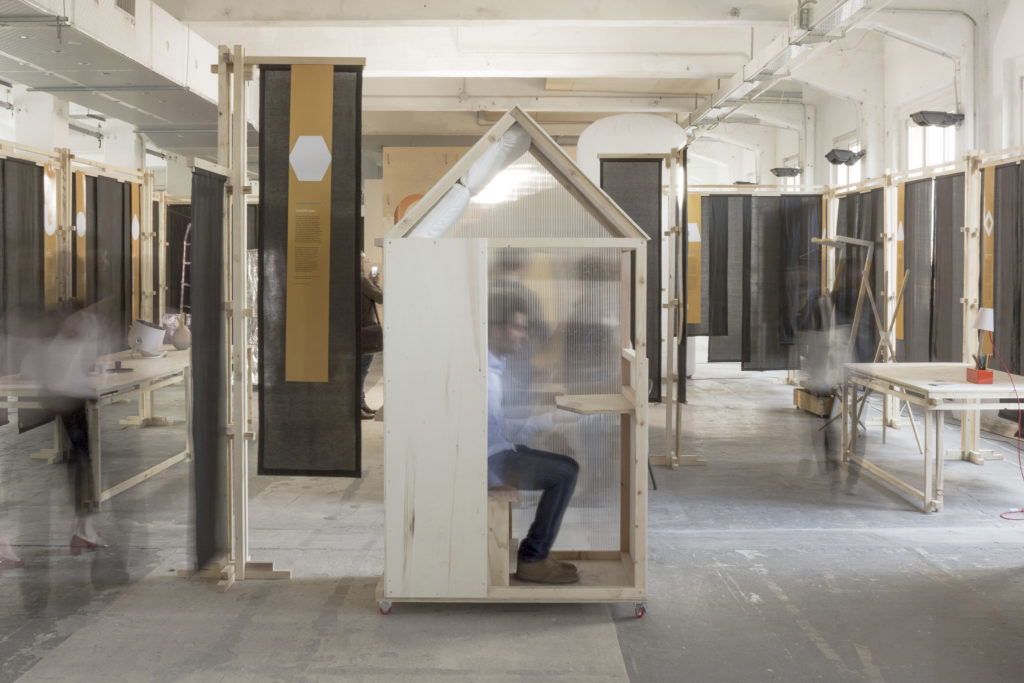
The working group, composed by professionals from different sectors, is coordinated by the berliner architect Van Bo Le-Mentzel. Our team is carry on a variegate research focused on themes like tiny living, mobile structures, temporary living in the urban scene, transformable furniture, strategies for affordable housing, migratory neighbourhoods, legal aspects of tiny houses, recycling materials, permaculture design, social justice and participation, education, democracy, natural cycles oriented systems, art in tiny spaces and anthropology.
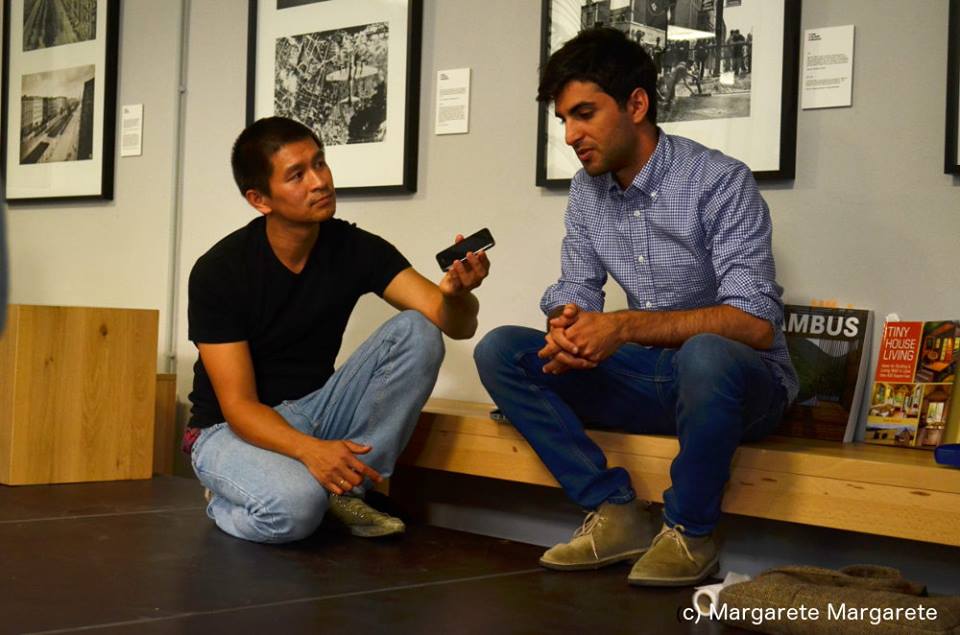
Our architecture related research consists in the prototyping, testing and concrete application of minimal living spaces to be adopted in several emergency contexts: gentrificated and overpopulated cities, refugees temporary and permanent housing, earthquake regions, housing independence for students and young generations, weak economies and developing countries. For each focus area the Tinyhouse University will produce a real scale residential unit sample using the already applied “tiny house” model to open a discussion and test new possibilities for living systems. This will be implemented with specific solutions for every different context employing a democratic and participatory method: a series of construction workshops which will involve directly the addressed users of the houses in the design process. The research programme will consist of two parallel lines: a sociological study on the living spaces and a more technical investigation, focused on architecture and interior design to provide concrete solutions for future developments.
To conduct the research in different geographical contexts, I designed the very first Tinyhouse University Headquarters in its mobile “tiny house” version: aVOID tiny house. This functions as my home but also as migratory laboratory and the operational center for all the association’s activities starting with the “Bauhaus Campus” exhibition in Berlin. Tinyhouse University programme has also included activities in Italy where I founded a branch of the Association: “Tinyhouse University Italia” based in Pesaro. This is already a fully functioning registered no-profit cultural association which launched its activities during aVOID public presentation event (9-15 august 2017 in Piazzale Collenuccio – Pesaro – Italy). You can read the Statute of the Association (click here to download the pdf file) and if you share the same motivation you are very welcome to join the group becoming a member or supporting its activities with donations or sponsoring.
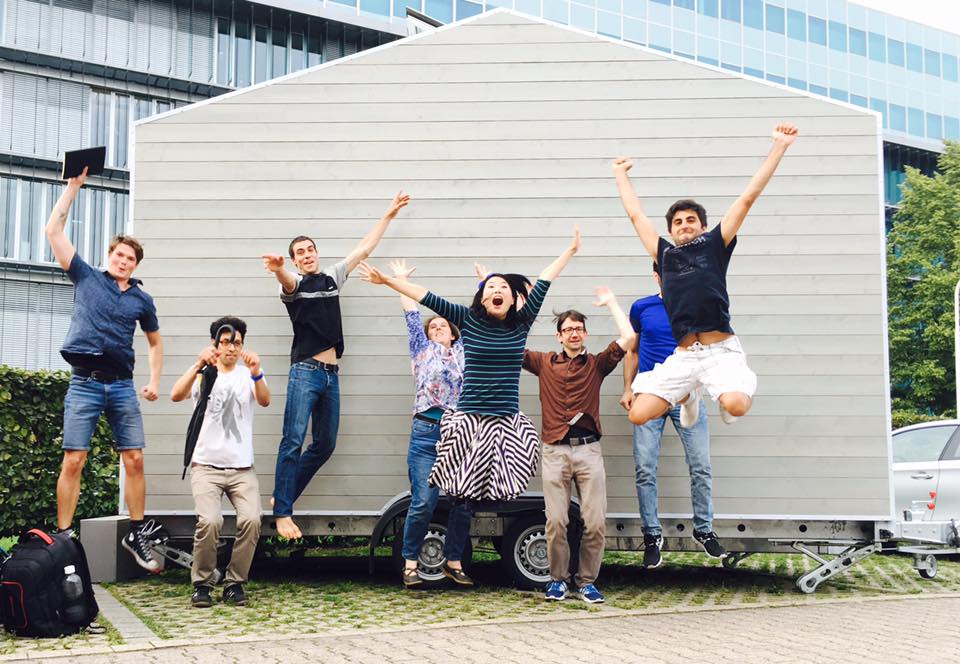
Tinyhouse University Italia has promoted, starting from April 2018, tiny-on-Tour in the most vibrant Italian cities such as Milan, Turin, Rome, Bologna, Padova and Pesaro. aVOID will move towed by car through the different location with the aim to open a discussion about innovative and more sustainable way of living in the city. Learn more about tiny-on-Tour here.
Follow Tinyhouse University activities on our Facebook page: click here.
Contacts:
Tinyhouse University Italia
via Virgilio 5 – 61121 Pesaro (Italy)
mail@leonardodichiara.it
or
Tinyhouse University
Yorckstr 3, 10965 Berlin (Germany)
prime@web.de

